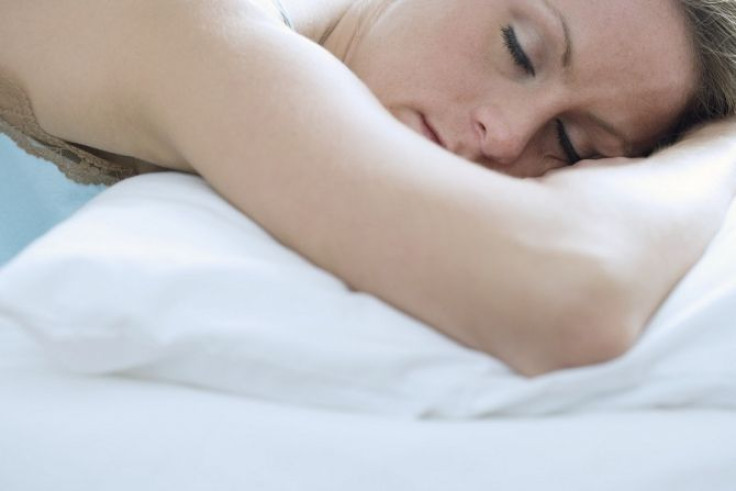Sleep Quality and Time Varies With Race and Culture

Americans have sleep disparities based on racial and ethnic background, according to new research.
Researchers presented two studies on Wednesday at SLEEP 2012, the 26th annual meeting of the Associated Professional Sleep Societies (APSS) in Boston, which both found that the sleep quality and sleep time differed among Americans of different races and cultures.
The first study presented analyzed surveys from 400,000 participants between 2004 and 2010 and found that Americans born in the United States were more likely to report sleeping longer than the recommended seven to nine hours each night.
However, African-born Americans were more likely to report sleeping six hours or less a night and Indian-born Americans reported sleeping six to eight hours a night.
"We think social desirability might be playing a role in the self-reported data," lead author Dr. Abhishek Pandey of the State University of New York said in a statement. "We think that insufficient sleep might be more prevalent in the population than the actual self-report data, but under- or over-reported to project a better image of one's perceived sleep health."
However, Pandey noted that foreign-born Americans were less likely to report short or long sleep compared to U.S.-born Americans after adjusting for age, sex, education, income, smoking, alcohol use, body mass index (BMI) and emotional distress.
In the second study, researchers from Northwestern University Feinberg School of Medicine in Chicago evaluated the sleep measurements of 439 randomly selected Chicago men and women, including surveys about sleep quality and daytime sleepiness.
Researchers found that white subjects slept significantly longer than the other groups, black subjects reported the worst sleep and Asians reported having the highest levels of daytime sleepiness.
"These racial/ethnic differences in sleep persisted even following statistical adjustment for cardiovascular disease risk factors that we already know to be associated with poor sleep, such as body mass index, high blood pressure and diabetes," principal and lead investigator Mercedes Carnethon said in a statement.
"And we excluded participants who had evidence of mild to moderate sleep apnea. Consequently, these differences in sleep are not attributable to underlying sleep disorders but represent the sleep experience of a 'healthy' subset of the population," Carnethon added.
Previous research has found that adults who habitually slept shorter or longer than the recommended seven to nine hours were more likely to have cardiovascular disease, stroke and accidents, as well as instances of mental or emotional disorders like depression.



























